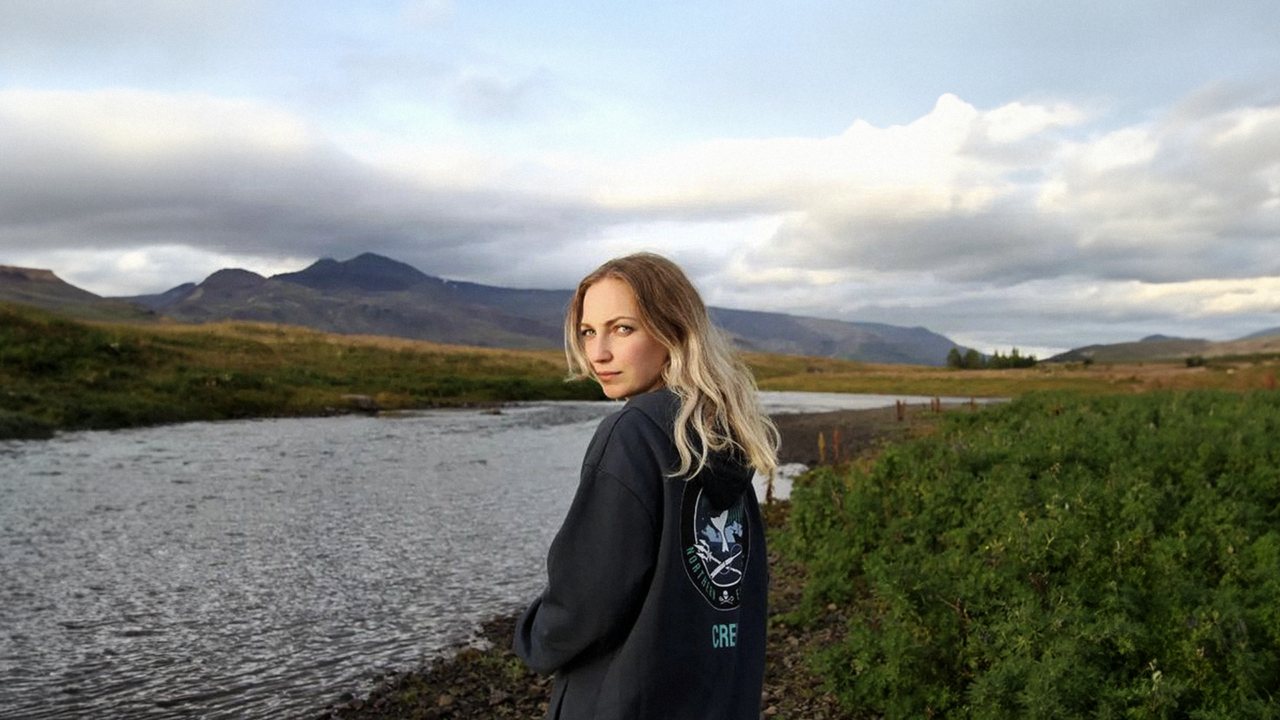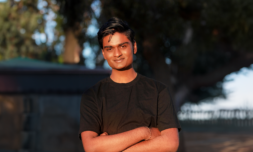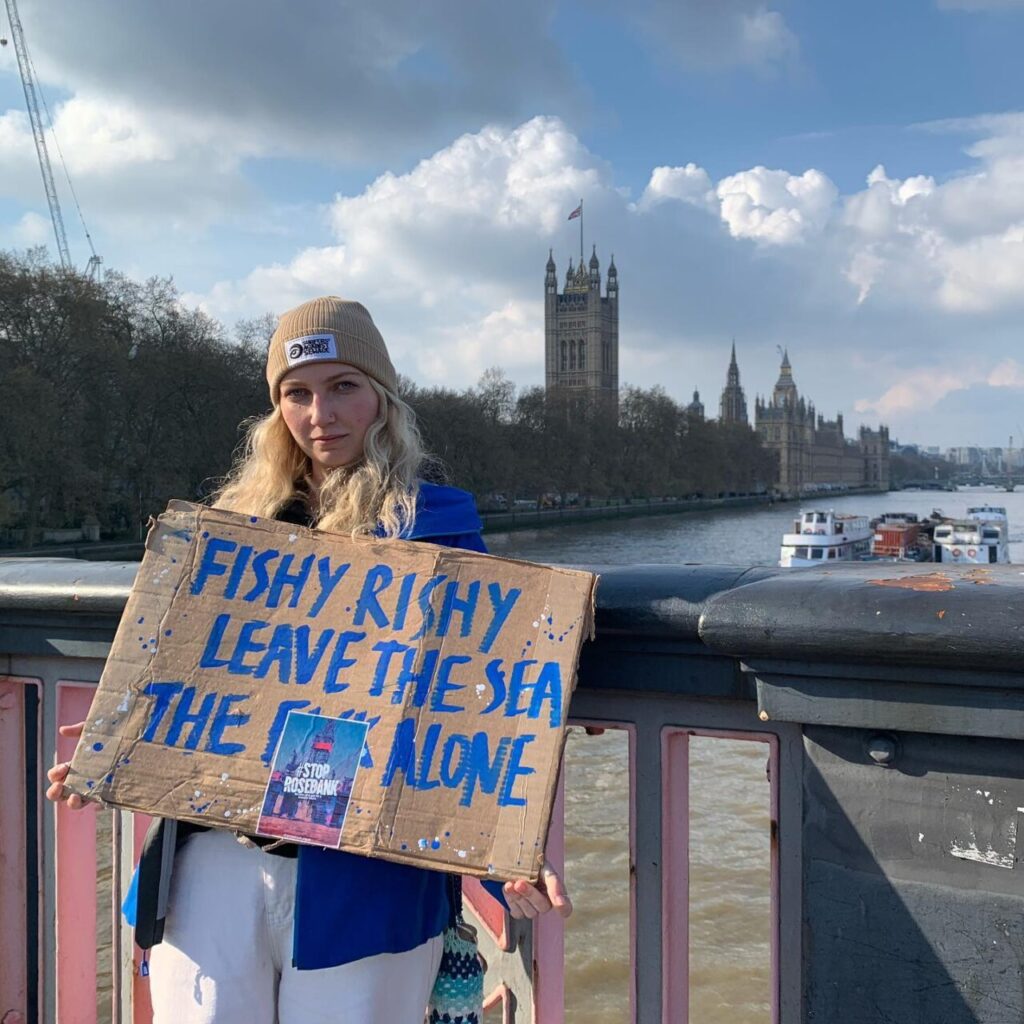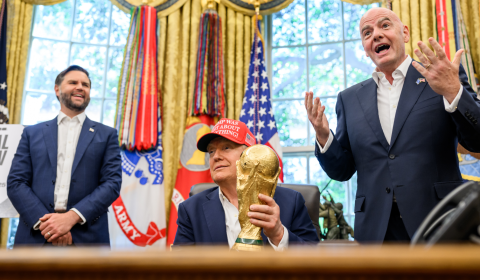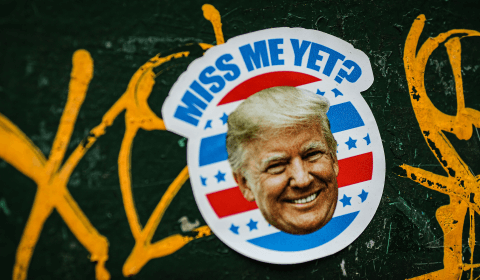We spoke to the environmentally-centred Gen Zer – who is a renewable energy engagement lead at Younity – about why we must be confronting the climate crisis as a united front.
Amelia Crews’ advocacy journey began at her lowest point. Having struggled with mental health issues for some time, it wasn’t until she hit ‘rock bottom’ that a way out presented itself to her.
Once she ‘fostered enough courage to pull [herself] up,’ it became astonishingly clear that engaging with her surroundings – Amelia grew up by the ocean in Cornwall, a beautiful corner of the UK renowned for its spectacular coastline – would guide her towards a better headspace.
‘I was severely depressed,’ she told The Times last year, citing the overwhelming number of climate-related threats we’re faced with (fossil fuels, rising sea levels, deforestation, carbon emissions, and disappearing ecosystems) as a contributing factor.
It was then that Amelia ‘started swimming in the sea a lot’ and came to acknowledge her purpose: to save what was saving her.
‘It gave me a cause,’ she tells Thred. ‘I quickly realised that I wanted to help heal what was healing me. I felt close to nature. Part of it, rather than apart from it.’
Yet connecting with the natural world wasn’t solely what brought Amelia to where she is today.
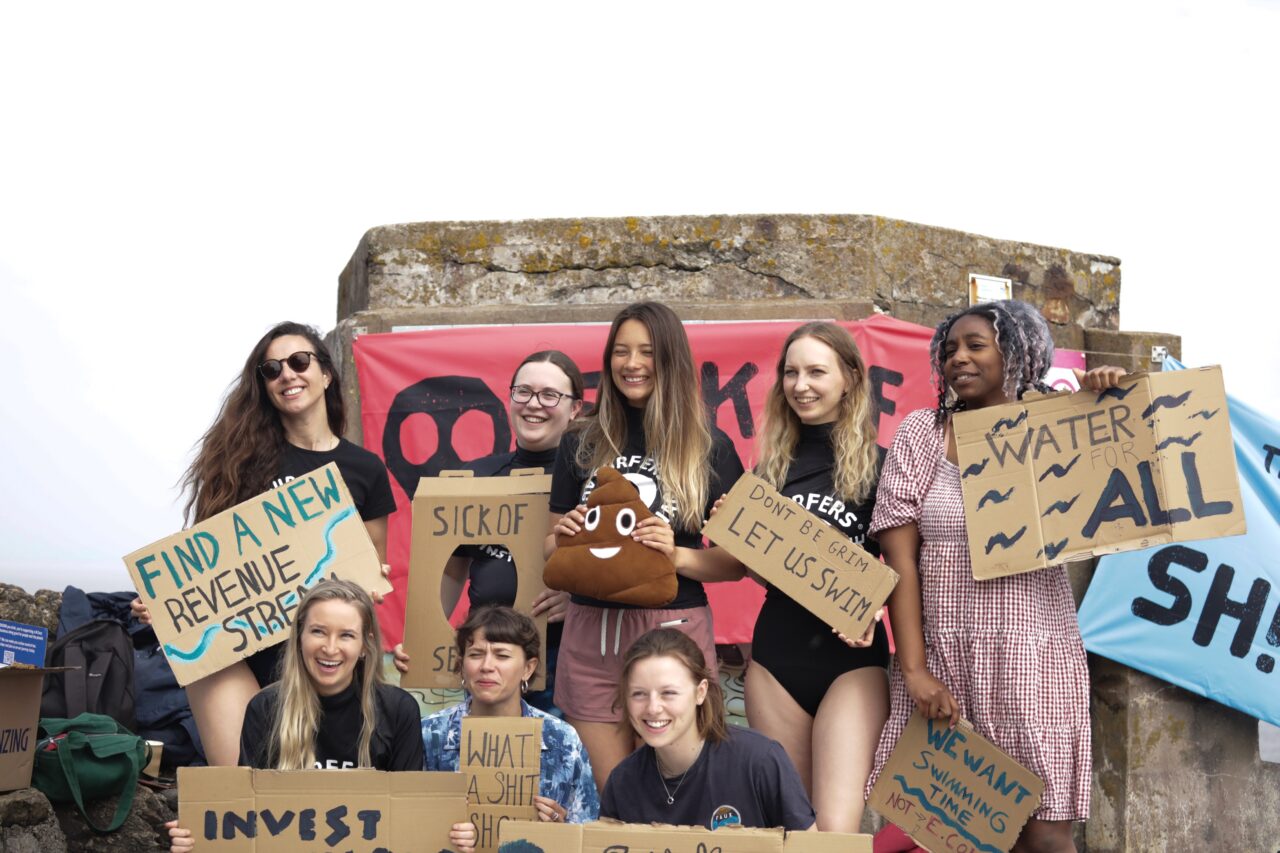
Because in spite of the personal empowerment that doing so offered her, she still felt isolated in her concerns about the intersectionality of environmental problems and helpless to confront it alone.
This prompted her to seek hope through shared experience, which she found by joining communities of others who felt the same way and whose values of ‘protecting our home for future generations and supporting those bearing the brunt of the crisis right now’ were in alignment with her own.
One of these was Force of Nature, an organisation that aims to teach young people how to move past paralysis and into action.
‘It made me feel like I wasn’t the only one who was worrying about this, which changed everything for me,’ she says.
‘You can often feel that you’re in a silo and doing something that’s only impacting a single area or only focusing on a single solution but when you come together you see that we can tackle the whole issue instead of just a single element of it.’
With this in mind, it’s no wonder that Amelia deems building community resilience the top priority in the fight against environmental injustice – which her work at present embodies.
View this post on Instagram
As the community renewables engagement lead at Younity coop, she is dedicated to empowering new audiences to join the movement, while mobilising and collaborating with those who are already in it.
‘Energy is at the centre of many injustices throughout the world (climate, racial, gender, etc.),’ says Amelia. ‘Community-led solutions present an opportunity for people to take control of their future and not be left behind in our fast-moving society. Integrating the two, therefore, is simply logical.’
As she explains, community energy is a collaborative approach to our energy system that prioritises community ownership to bolster resilience and ensure that the transition to net zero isn’t extractive.
Within traditional models, those who benefit can afford to invest. Whereas with community energy, the benefits – from economic development to technological innovation – extend to those who can’t.
‘Revenue streams are directed to those in need and profits are invested into however best will benefit local communities, not into lining the pockets of the people who frankly don’t need any more money,’ she says.
Establishing community energy as a key player in our quest for a greener future isn’t without its challenges, however, with the fossil fuel industry primarily to blame for hindering the success of community-led initiatives.
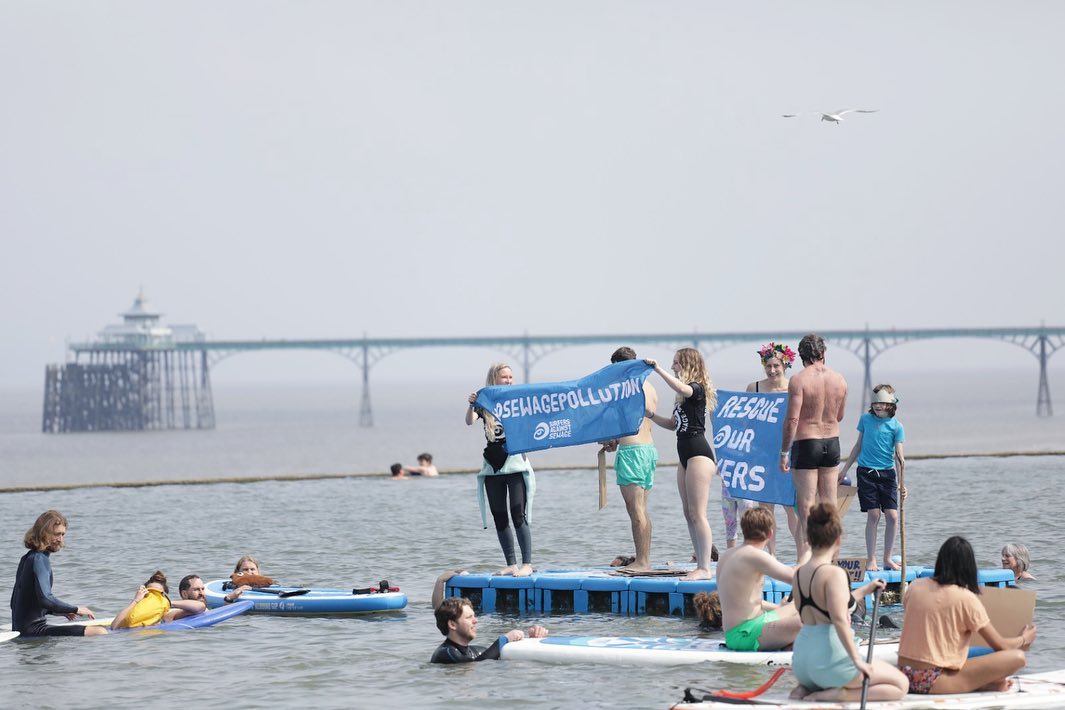
By purposely positioning itself to be considered vitally necessary for growth, prosperity, and even wellbeing across the globe, the notion of a future without coal, oil, and gas seems a bitter pill to swallow.
This is perpetuated by the industry’s efforts to cast doubt on research examining the climate crisis and mislead the public with disinformation.
Amelia references the carbon footprint concept as a prime example of this, which is nurtured by fossil fuel giants to shift the attention away from them and the onus onto us as individuals so that we, in turn, feel guilty for our inaction.
This highlights their eagerness to maintain the status quo and the emptiness of their claims to be investing in sustainability for the community, not for an elite few.
‘I’m a true believer that if politicians and companies were genuinely interested in people and planet, a switch would have already been made,’ says Amelia. ‘They have the funds, they have the resources, and they have the power. There’s been no decisive pivot because they have ulterior motives.’
Nowhere is this more visible than at COP, which in recent years has been undermined by a shadow network of fossil fuel lobbying.
‘It baffles me that leaders have structured it so that the people who have got us into this mess are the ones being asked to get us out of it,’ says Amelia.
‘We need to bring everybody into the room, not just lobbyists but activists, creatives, scientists, everybody. I don’t see how genuine change can come from a very exclusive two-week ‘save the world’ event.’









